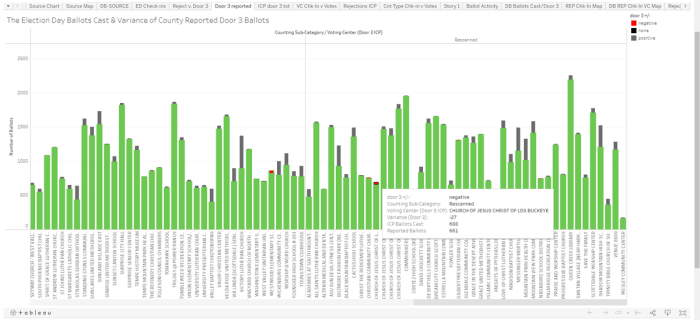Non record materials can be comingled with official agency records – As non-record materials can be comingled with official agency records takes center stage, this opening passage beckons readers into a world crafted with expertise, ensuring a reading experience that is both absorbing and distinctly original. With meticulous attention to detail, we delve into the intricacies of non-record materials and their potential impact on official agency records, providing a comprehensive guide to compliance and best practices.
The content of the second paragraph that provides descriptive and clear information about the topic.
Non-Record Materials and Official Agency Records

Non-record materials are items that do not meet the criteria to be considered official agency records. They lack evidential or informational value and are not created or received in the course of official agency business.
Examples of non-record materials include:
- Personal notes and memos
- Drafts and working papers
- Blank forms
- Promotional materials
Regulations and Guidelines
Various regulations and guidelines govern the commingling of non-record materials with official agency records. These include:
- The National Archives and Records Administration (NARA) General Records Schedule (GRS) 22
- The Records Management Act of 1950
- State and local records management regulations
Commingling these materials can lead to confusion, misidentification, and potential legal issues.
Procedures for Segregation, Non record materials can be comingled with official agency records
To prevent commingling, it is essential to establish clear procedures for segregating non-record materials from official agency records. These procedures should include:
- Identifying and marking non-record materials
- Storing non-record materials separately
- Disposing of non-record materials according to established guidelines
Maintaining separate storage and disposal systems ensures that non-record materials do not interfere with the management and preservation of official agency records.
Training and Awareness
Training and awareness programs are crucial for educating staff on the proper handling of non-record materials. These programs should cover:
- The definition and characteristics of non-record materials
- The regulations and guidelines governing their handling
- The procedures for segregating and disposing of non-record materials
Records management professionals play a vital role in ensuring compliance and providing guidance to staff.
Enforcement and Penalties
Non-compliance with regulations regarding the commingling of non-record materials can result in enforcement actions and penalties. These may include:
- Fines
- Disciplinary action
- Loss of accreditation
Such penalties can have a significant impact on individuals and organizations, highlighting the importance of proper records management practices.
Essential FAQs: Non Record Materials Can Be Comingled With Official Agency Records
What are the potential risks of commingling non-record materials with official agency records?
Commingling non-record materials with official agency records can lead to confusion, misfiling, and the potential loss or destruction of important records. It can also make it difficult to identify and retrieve official records when needed, which can have serious consequences for legal, financial, and operational purposes.
What are the recommended procedures for segregating non-record materials from official agency records?
Non-record materials should be stored separately from official agency records in designated areas. They should be clearly labeled and disposed of according to established records retention schedules.
What are the potential consequences of non-compliance with regulations regarding the commingling of non-record materials?
Non-compliance with regulations regarding the commingling of non-record materials can result in fines, penalties, and other legal consequences. It can also damage an organization’s reputation and lead to the loss of public trust.

